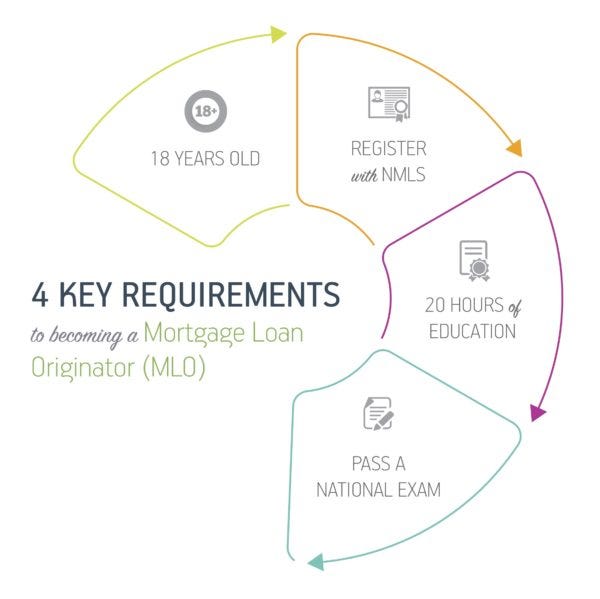
Essential Guide to Register Your Dog as an Emotional Support Animal in 2025
Emotional support animals (ESAs) play a crucial role in providing mental health support to their owners. As society increasingly recognizes the benefits of emotional support dogs, understanding how to register them properly has become imperative. In this article, we will delve into the entire process of registering your dog as an ESA, the legal requirements, necessary documentation, and the various benefits these furry companions offer to individuals facing mental health challenges.
The inclusion of emotional support dogs in therapeutic practices reflects a growing awareness of the importance of animal companionship within mental health care. By understanding the steps involved in registering your dog as an ESA, you can ensure the legal recognition and support you and your pet deserve. The upcoming sections will cover the ESA registration process, tips for finding a therapist, the advantages of emotional support dogs, and your rights as an ESA owner.
Understanding ESA Registration Requirements
With the rise in awareness about emotional support animals, it's essential to grasp the legal framework surrounding ESA registration. The primary requirement is a mental health evaluation conducted by a licensed healthcare professional. This may include a therapist, psychologist, or psychiatrist who can assess your need for the support animal.
Once your need for an ESA is established, they will provide you with a letter stating your need for an emotional support dog. This letter not only outlines your mental health needs but also grants you certain legal protections under federal laws, including the Fair Housing Act. Additionally, some states have specific laws governing ESAs that dictate the circumstances under which they may reside with their owners in housing arrangements.
The documentation required for the ESA registration process generally includes the therapist letter, proof of your pet's health, and sometimes, a completed application form through a recognized ESA registration service. It is important to keep this documentation readily available, as you may need to show it to landlords and other authorities to confirm your right to have an ESA.
Benefits of Emotional Support Dogs
Emotional support dogs offer numerous mental health benefits to their owners. Primarily, they provide companionship, which can alleviate feelings of loneliness and depression. Many people report feeling calmer and more at ease when around their ESAs, as these animals can encourage social interaction and emotional expression.
Beyond emotional companionship, ESAs contribute positively to the mental health of their owners. For instance, the presence of a dog can help reduce anxiety and stress levels, as they provide a tactile source of comfort. This has been particularly beneficial for individuals dealing with PTSD or chronic anxiety disorders, as the routine and responsibility of caring for an animal can foster a sense of purpose.
Furthermore, emotional support dogs can facilitate therapeutic practices such as animal-assisted therapy, where the presence of the dog is utilized in conjunction with mental health treatments. Understanding these benefits is crucial for those considering registering their dog as an ESA, as it highlights the valuable role that these animals can play in enhancing one's quality of life.
Navigating the ESA Registration Process Steps
The process of registering your emotional support dog can be straightforward if you are well-prepared. Here are the essential steps to follow:
Step 1: Evaluate Your Needs
Before you begin the registration, assess your own mental health needs. If you find that your mental well-being is significantly impacted without the presence of a dog, it’s time to seek assistance from a mental health professional. Their evaluation will determine if you qualify for an ESA.
Step 2: Obtain a Therapist Letter
Having a letter from a licensed mental health practitioner is key to ESA registration. This document should outline your need for an emotional support animal based on your mental health evaluations. Be sure to keep copies of this document as it's vital for housing and travel documentation.
Step 3: Gather Necessary Documentation
In addition to the therapist letter, collect any additional documentation required for your ESA registration. This might include your pet’s veterinary records to show they are healthy, proof of vaccinations, and identification for your dog.
Step 4: Complete the Registration Form
Once you have gathered all necessary documents, fill out the ESA registration forms provided by recognized online services. These forms typically require information about you, your emotional support dog, and the documentation supporting your request.
Step 5: Review and Submit
After completing the form, review all provided information for accuracy, ensuring all documentation is attached. Submit your application through the online portal, and await confirmation from the registration service.
Step 6: Keep Documentation Updated
Once registered, monitor any expiration dates on your ESA letter and renew it as necessary to maintain your rights and ensure compliance with housing regulations. Additionally, training your emotional support dog can enhance your experience and the ease of transitioning into public settings.
Legal Requirements for Emotional Support Animals
Understanding the legal landscape for emotional support dogs is vital for owners. The Fair Housing Act (FHA) is a key piece of legislation that allows individuals with ESAs to live in residences that may have pet restrictions. Under this law, reasonable accommodations must be made for individuals requiring support animals.
Moreover, it's important to differentiate between emotional support dogs and service dogs. While both provide essential support, service dogs have different training and legal recognition. Knowledge of these distinctions can help you navigate housing, travel, and other legalities effectively.
Additionally, certain states have specific laws regarding emotional support animals, including regulations surrounding their transportation in public areas such as airplanes. Understanding these laws and keeping updated on any changes in ESA regulations can greatly benefit you as an ESA owner.
Finding a Therapist for ESA Registration
The foundation of registering your emotional support dog begins with finding a qualified mental health professional. It’s important to seek out someone who understands the ESA registration process and can evaluate your mental health needs effectively.
To find a suitable therapist, consider searching databases that specialize in mental health professionals or seeking recommendations from community resources. Ensure that the therapist has experience with ESAs and understands the legal requirements associated with the registration process.
Once you establish a relationship with a therapist, they can guide you through the evaluation process, determining the significance of an emotional support dog in your life and providing you with the necessary documentation to start the registration process.

Building Awareness Around ESA Rights
As an emotional support dog owner, understanding your rights is crucial. ESAs are protected under federal law, particularly for housing situations. You have the legal right to keep your ESA in your home, even in properties that do not allow pets, as long as you have the appropriate documentation confirming your need.
However, it's essential to communicate clearly with landlords or housing authorities regarding your ESA. Presenting your therapist letter and any additional documentation can help ease potential issues. Education for both property owners and ESA owners about their respective rights can foster a better understanding and smoother accommodations.
Additionally, being informed about emotional support animal laws can empower owners to advocate for their rights effectively. This advocacy may extend to public spaces, travel regulations, and accommodations in educational institutions, discussing the importance of ESAs not only in housing but throughout society.

Conclusion and Final Thoughts
Registering your dog as an emotional support animal can significantly enhance your mental health and well-being. By understanding the registration process, legal requirements, and benefits associated with ESAs, you can ensure that your furry companion is recognized and supported in all areas of your life.
As you embark on this journey, remember the importance of accurate documentation, qualifying evaluations, and ongoing communication with support networks. With your emotional support dog by your side, you can navigate the complexities of mental health with greater resilience and confidence.
```